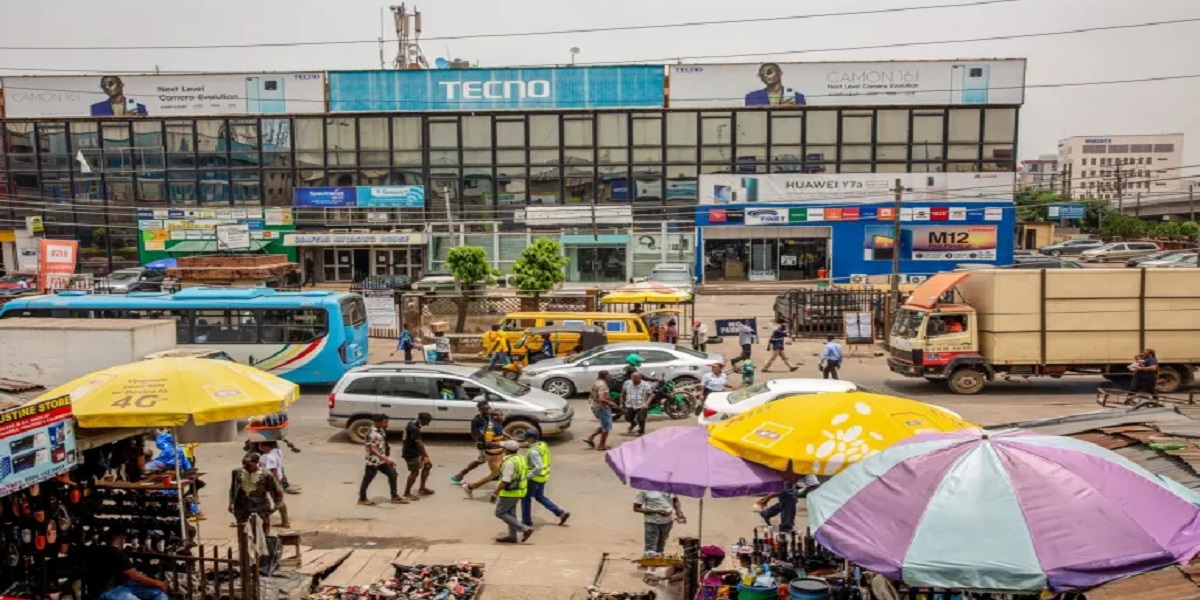Eat’n’Go, the Nigerian franchisee of popular pizza producer Domino’s, debuted a tiny version of the market’s familiar pizza boxes in February 2019, for 550 naira.
This new version was created to be more affordable for everyone, being smaller in size and significantly less expensive than the medium-sized pizza, which costs N3,900.
StarTimes, a Chinese satellite TV operator with a large presence in Nigeria, had introduced daily and weekly subscriptions – with fewer channels – to its existing monthly option two years ago for N60 (15 cents) and N300 (72 cents), respectively.
CEO Patrick Michael told, “The Nigerian market is diverse, and the potential for profit remains high,” he said. “However, we can’t overlook the economic instability [which] has, in some way, affected purchasing power. At times like this, it becomes pertinent for industry players like ourselves to cushion the effect of this situation on customers.”
Nigeria, Africa’s largest economy, has been in recession twice since 2015, and the naira has lost 70% of its value versus the dollar during that time.
The economy was suffocated as a result.
However, things may deteriorate more in the following days.
According to a recent World Bank assessment, the country’s poor population is expected to reach 95.1 million by 2022, accounting for more than 40% of the population.
Even while the COVID-19 pandemic’s negative economic impacts remain, commodity prices are rising as a result of Russia’s invasion of Ukraine.
According to a study released by the National Bureau of Statistics (NBS) in 2022, Nigeria’s annual inflation rate increased for the third consecutive month in April 2022, rising to 16.82 percent from 15.92 percent in March.
It was the most significant increase in inflation since August 2021, and it follows a global trend of rising commodity costs.
The end result for Nigerians is a significant reduction in their purchasing power and, as a result, less money in their accounts.
According to the Nigeria Deposit Insurance Corporation, there were 133.5 million active bank accounts in the country as of December 2021, with 99 percent of those accounts having less than 500,000 naira.





















